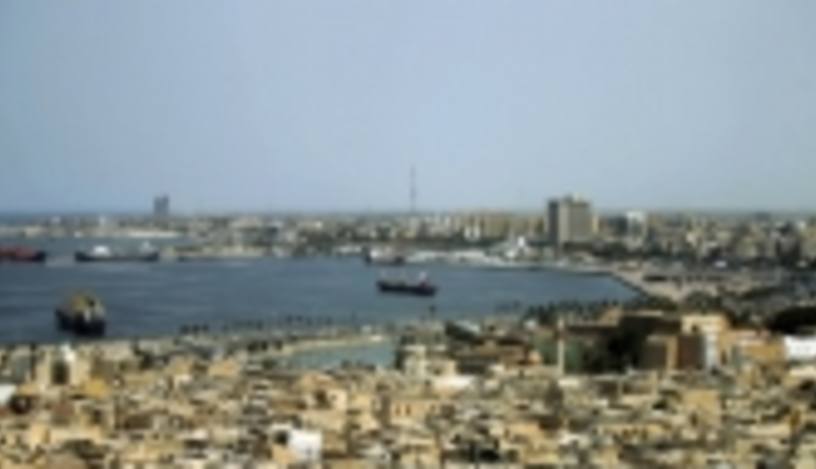Hailed as one of the key engines for speeding up Libya’s privatisation process, the Libyan Stock Market saw its ambitions grind to a halt with the onset of the country’s revolution in February 2011. But exactly one year on, the country’s sole bourse is gearing up to start trading again – it was due to reopen its doors at the end of February – and usher in a new period of modernisation.
Editor's choice
“We are going to resume trading at the end of February,” says Ahmed Karoud, general manager of the LSM, who was appointed to his role in December 2011. “I’m looking forward to seeing the stock market grow and really play a role in the Libyan economy. The next two years will be crucial.”
Early stage
Inaugurated in March 2007, the exchange was only just starting to gain momentum when the uprising began and it remains in an embryonic state. Headquartered in Tripoli but with the main branch in Benghazi, the LSM currently has 12 listed companies with a combined market capitalisation of about Ld3.9bn ($3bn). This includes three insurance companies, a cement business and the stock exchange itself, but it is the banking sector that dominates with the largest traded stocks.
Comprising about 70% of the shares, the banks on the LSM include Gumhouria, Wahda, Sahara, Bank of Commerce and Development, Al-Saraya, Mediterranean Bank and National Commercial Bank. Mr Karoud is keen to encourage economic diversification on the exchange and says there are five initial public offerings in the pipeline for 2012, including some in the oil and construction sectors. Pre-revolution plans to list Libya’s two state-owned mobile operators, Libyana and Al-Madar, will also go ahead. “The key concern for the government today is continuing its privatisation drive,” says Mr Karoud.
I’m looking forward to seeing the stock market grow and really play a role in the Libyan economy. The next two years will be crucial
In May 2010, Libya enacted Financial Markets Law 23 that led to the establishment of an independent capital markets regulator and offered a 100% tax break to companies listing on the exchange for their first five years of trading.
“The private sector generates less than 20% of the country’s gross domestic product. The Ministry of Economy is studying old laws and looking at ways to privatise the majority of state companies. They are also encouraging small companies to list on the exchange," says Mr Karoud. “We hope to see many real estate and construction companies list because of the scale of reconstruction that will take place across the country, but also telecom firms and airline companies of which seven are mainly state-owned.”
Fund launch
Mr Karoud is also overseeing the imminent launch of the first-ever funds to list on the exchange. The Ld500m five-year Libya Reconstruction Fund will float in June and will focus on the real estate sector. The second will be an Islamic finance fund of no bigger than Ld250m that will launch a few months later, though its exact date has yet to be agreed.
The LSM is also seeking to boost international participation in the bourse that currently comprises “no more than 2% of activity” with investors drawn from Tunisia, Egypt, Italy and the UK.
Decree Number 14, passed in June 2010, enabled non-resident investors to own up to 5% of a listed company, but Mr Karoud says that the hurdles that foreign investors face in exiting the exchange has served as a major deterrent. “It is easy to invest in the exchange but it can take months for investors to sell their shares because there is a lot of documentation and approvals required by the central bank,” he says. “That is a legacy of the old regime but the central bank is now working to ease these restrictions.”
Prior to the revolution, the LSM was showing steady progress – average daily trading value rose from Ld157,298 in 2008 to Ld304,005 in 2010 with some 7465 transactions. This had risen further to roughly Ld500,000 per day by early 2011.
But the exchange’s potential remains vastly untapped. Aside from the negligible foreign investment, there are still no pension funds trading listed securities nor any mutual funds. In this regard, the introduction of new regulation and the plans under way are expected to serve as a catalyst for developing the exchange.
Clearly, accelerating the pace of privatisation will be key to the LSM's future success. An increased offering of equities from a variety of sectors and countries will boost trading volumes and turnover, while helping to build a more diverse and sophisticated investor base.












